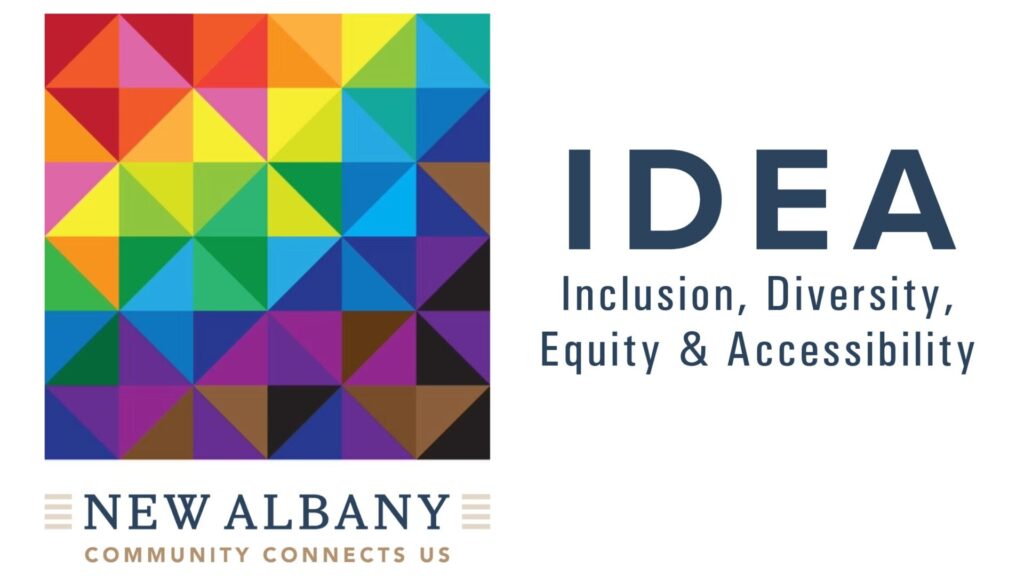
New Albany takes great pride in collaborating with residents, businesses and community partners through our strategic planning process to achieve an outstanding community of choice. Since the first strategic plan was adopted in 1998, it has been updated every five years, based upon community input and sound planning principles, to effectively manage our growth.
- Foster an inclusive and welcoming sense of community.
- Continue open City communication with the public.
- Encourage programming to support the needs of all residents.
- Support initiatives that enhance community well-being and happiness.
Our strategic plans address connectivity, pedestrian-friendly amenities, mixed-use environments, parks and open spaces, quality architecture, traditional neighborhoods, versatile residential choices, economic development and environmental sustainability. From the beginning, we have worked to ensure that New Albany’s four pillars – lifelong learning, arts and culture, health and wellness and environmental sustainability – are reflected in our future vision.
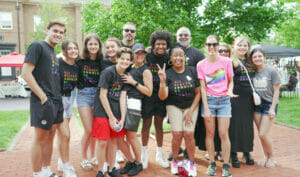
In response to community input and against the backdrop of a social awakening across the country regarding diversity, inclusion and equity, the City chose to turn a lens on itself to understand how we live up to our commitment to be a welcoming, inclusive community.
As the City began to explore these issues more fully, a review of best practices and model programs led us to the creation of the Inclusion, Diversity & Equity Action (IDEA) Committee in the summer of 2020. (The committee would later be succeeded by the IDEA Implementation Panel). Under the capable and passionate guidance of Mayor Sloan Spalding and Councilwoman Marlene Brisk and in partnership with our residents, business community, council, administration, consultants and others, we embarked on a journey to educate ourselves through open and honest dialogue.
As the City strived to achieve a better understanding of the needs and expectations of our constituents, it became evident that we did not have a strategy to effectively address issues of inclusion, diversity and equity. We needed greater representation and input from minority members of our community and a more accurate assessment of how New Albany is perceived by the people who live and work here.
The IDEA Committee was designed to include a mix of residents and community partners with a diverse range of backgrounds, experiences and perspectives that would result in a robust exchange of ideas as well as information. Their purpose was to develop a set of recommendations to create a more welcoming and inclusive community with the goal of including more residents in community initiatives and leadership roles.
The IDEA Committee proceeded to work with consultants to design, implement and facilitate a process that included education, candid discussion and recommendations for the path forward.
Three core components were explored in the development of the IDEA Committee’s recommendations: 1) Programming and Events, 2) Developing Partnerships, and 3) Increasing Communication. In addition to these areas of focus, the IDEA Committee also became a forum for problem-solving regarding areas of concern for the community.
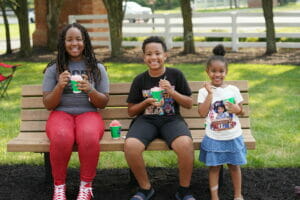
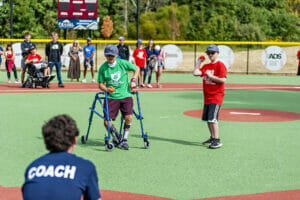

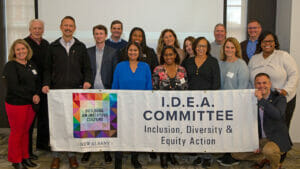
Follow Us & Use #newalbanyohio
4 days ago
Photo
Share on Facebook Share on Twitter Share on Linked In Share by Email
4 days ago
Photo
Share on Facebook Share on Twitter Share on Linked In Share by Email
5 days ago
Photo
Share on Facebook Share on Twitter Share on Linked In Share by Email
5 days ago
Video
Share on Facebook Share on Twitter Share on Linked In Share by Email
6 days ago
Photo
Share on Facebook Share on Twitter Share on Linked In Share by Email